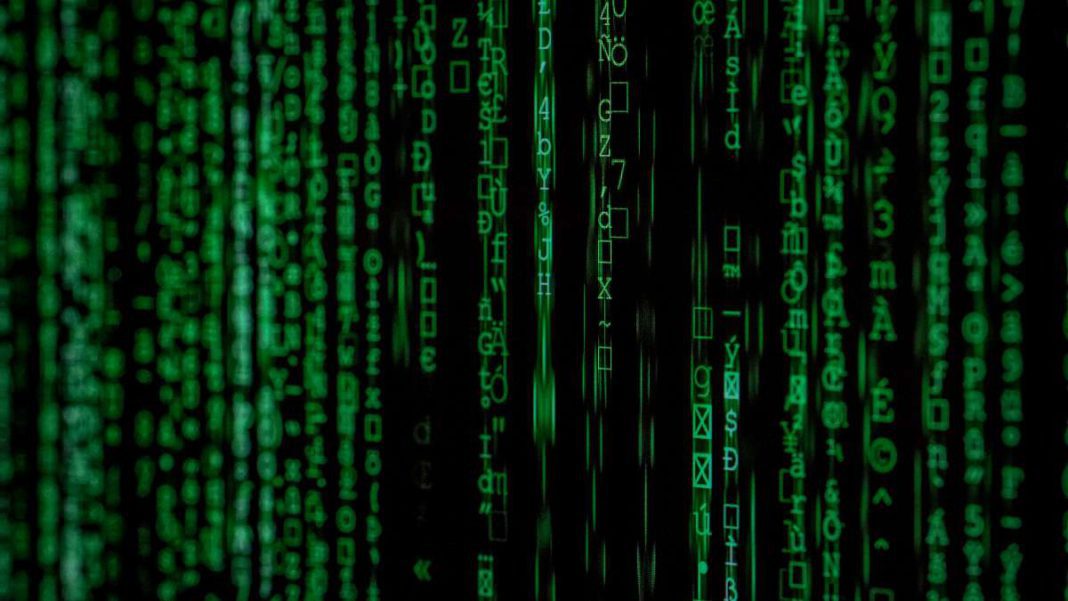UNITED KINGDOM: Could our existence be nothing more than an intricate computer simulation, akin to the iconic science fiction film “The Matrix”? A physicist from the University of Portsmouth is delving into this captivating hypothesis, underpinned by a groundbreaking “law of physics,” which could offer support to the idea that our reality is artificially constructed.
The notion, known as the “simulated universe hypothesis,” posits that everything we experience may resemble a meticulously designed computer game—a constructed reality where even humans themselves could be advanced avatars. Visionaries like tech magnate Elon Musk have voiced their belief in this theory, which finds its roots in the realm of information physics, suggesting that the very essence of physical reality is comprised of “bits” of information.
Dr. Melvin Vopson, a physicist renowned for his groundbreaking contributions to this field, has previously delved into the idea that information not only exists but possesses mass. Much like humans have DNA encoding their identities, the most fundamental particles in the universe might carry information about their own existence.
In a major discovery unveiled in 2022, Vopson unveiled a revolutionary “law of information dynamics,” which challenges conventional wisdom. It offers a unique twist on the second law of thermodynamics, a principle that asserts that disorder in a closed system will invariably increase or remain unchanged. In striking contradiction to this, Vopson demonstrated that in information systems, disorder, or entropy, could either remain static or even decrease. This revelation gave birth to what he has coined the “second law of information dynamics,” or infodynamics.
Vopson’s study explores the profound ramifications of this groundbreaking law on various scientific disciplines, spanning from genetics to atomic physics and even our understanding of the cosmos.
Key insights from Vopson’s research include:
- Biology: The new law may fundamentally alter our understanding of genetic mutations, with implications for fields as diverse as genetic therapies, drug development, virus research, and pandemic forecasting.
- Atomic Physics: Vopson’s work could provide critical insights into the behavior of electrons within atoms, illuminating the stability of chemical compounds.
- Cosmology: His findings underscore the importance of the second law of information dynamics in our comprehension of the universe’s expansion and symmetry.
Elaborating on the broader implications of his research, Vopson postulates that information could be the elusive dark matter—a mysterious substance believed to constitute a significant portion of the universe. His work lends credence to the idea that information holds a position as real and significant as mass and energy.
Vopson emphasizes the need for empirical testing to solidify these theories further. His experimental approach, such as his proposed experiment to confirm the existence of a fifth state of matter using particle-antiparticle collisions, offers a potential path to reshape our understanding of physics and, in the process, possibly bring the simulated universe hypothesis from philosophical musings to the forefront of mainstream science.
The study, a game-changing exploration of the “second law of information dynamics,” or infodynamics, is published in the esteemed journal AIP Advances. As our understanding of the universe continues to evolve, Vopson’s research stands at the forefront of a tantalizing scientific frontier, beckoning us to explore the profound question: are we living in a simulated reality, much like Neo in “The Matrix”?
Also Read: Nobel Prize in Physics 2023 Awarded to Scientists for Pioneering Attosecond Pulse Technology



